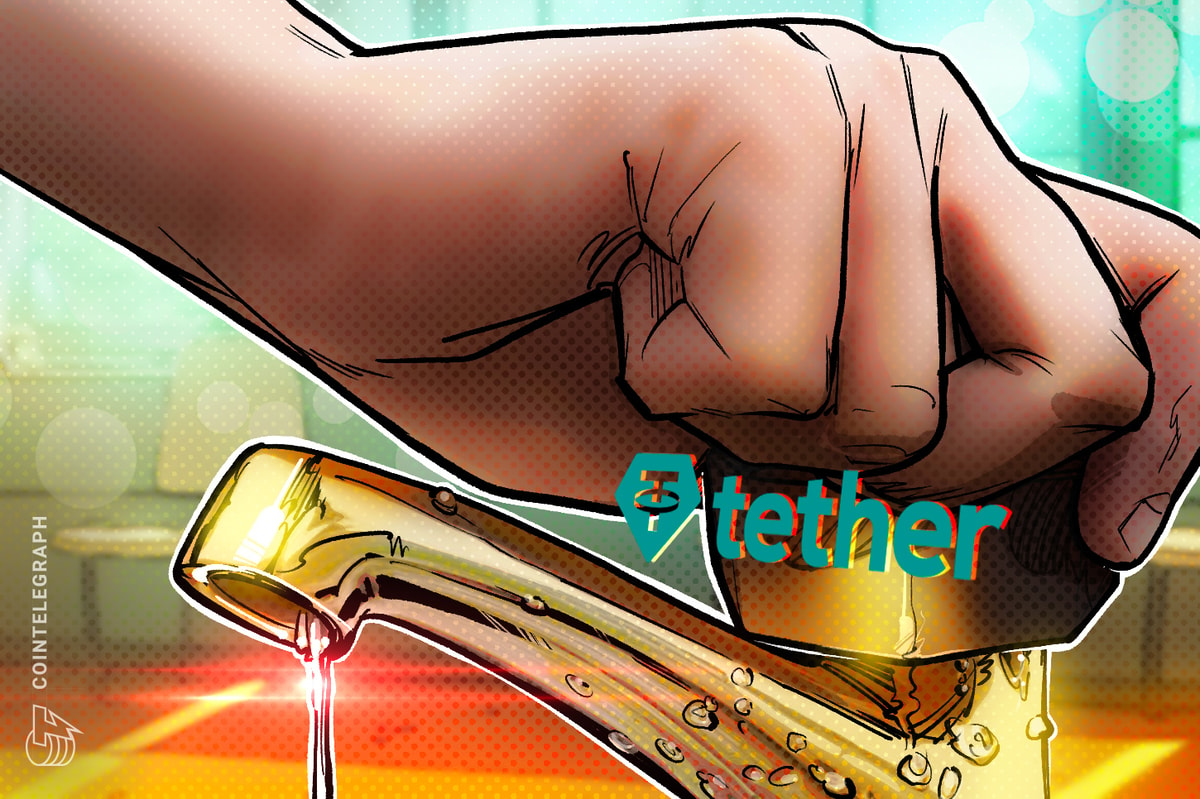Tether, the issuer of the largest stablecoin by market cap, USDt (USDT), announced Friday that it will discontinue redemptions for the token on five legacy blockchains starting September 1. The affected networks are the Omni Layer, Bitcoin Cash SLP, Kusama, EOS (via Vaulta), and Algorand.
“Sunsetting support for these legacy chains allows us to focus on platforms that offer greater scalability, developer activity, and community engagement,” Paolo Ardoino, CEO of Tether, stated in a company announcement.
Previous Notifications
Tether had already deprecated other blockchains in its ecosystem. In August 2023, the company halted USDt issuance on the Omni Layer, Kusama, and Bitcoin Cash SLP. Later, in June 2024, Tether paused token creation on the EOS (via Vaulta) and Algorand networks.
Financial Impact & Token Distribution
USDt ranks second globally in market capitalization, with a current index-based value of approximately $139.4 billion according to Cointelegraph data. Balances on the affected legacy networks show minimal usage:
- Omni Layer: $82.9 million USDt
- Bitcoin Cash SLP: $986,500 USDt
- Kusama: $240,000 USDt
- EOS (Vaulta): $4.2 million USDt
- Algorand: $841,600 USDt
“Many see stablecoins soaring to $2T in ‘handful’ of years: Ripple CEO”
Algorand’s Experience
Tether’s cessation of minting had previously occurred on Algorand last year. A spokesperson for the Algorand Foundation commented, “Our users should experience no disruption, as Tether provided a one-year window for redemptions.” According to Token Terminal data, Algorand’s USDt activity over the past 30 days generated $42,300 in revenue, derived mainly from transaction fees.
Furthermore, DeFi analytics provider DefiLlama reports USD Coin (USDC) is dominant on Algorand, holding nearly $73 million more market cap than USDt.
Related Reading: Crypto wanted to overthrow banks, now it’s becoming them in stablecoin fight












